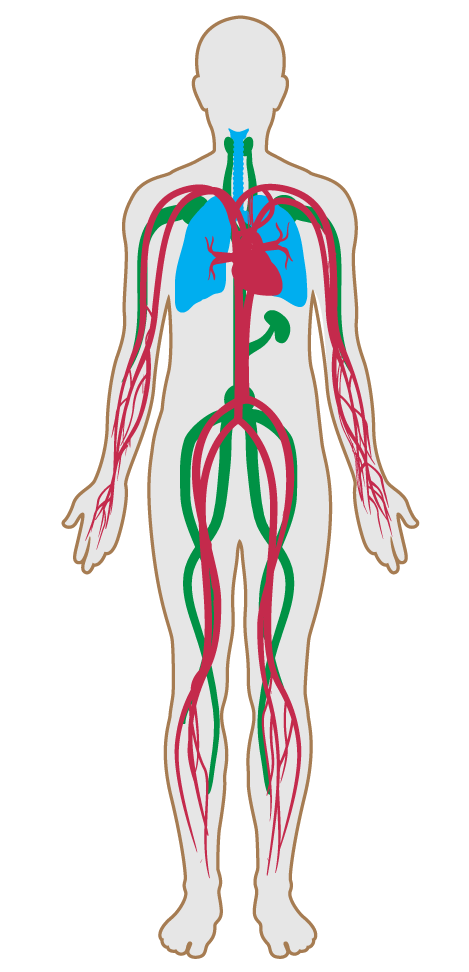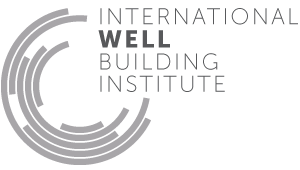Construction pollution management
- 01 Air quality standards
- 02 Smoking ban
- 03 Ventilation effectiveness
- 04 VOC reduction
- 05 Air filtration
- 06 Microbe and mold control
- 07 Construction pollution management
- 08 Healthy entrance
- 09 Cleaning protocol
- 10 Pesticide management
- 11 Fundamental material safety
- 12 Moisture management
- 13 Air flush
- 14 Air infiltration management
- 15 Increased ventilation
- 16 Humidity control
- 17 Direct source ventilation
- 18 Air quality monitoring and feedback
- 19 Operable windows
- 20 Outdoor air systems
- 21 Displacement ventilation
- 22 Pest control
- 23 Advanced air purification
- 24 Combustion minimization
- 25 Toxic material reduction
- 26 Enhanced material safety
- 27 Antimicrobial activity for surfaces
- 28 Cleanable environment
- 29 Cleaning equipment
- P9 Advanced cleaning
07. Construction pollution management
To minimize the introduction of construction-related pollutants into indoor air and protect building products from degradation.
Proper design and material selection is essential in creating healthy indoor air quality. However, this strategy can be compromised if equal care is not taken during construction to clear the space of dust, chemical vapors and other debris. Pollutants inadvertently introduced into the space can lead to various respiratory symptoms and will increase the likelihood of failing indoor air quality standards.
To prevent pollutants from entering the ventilation system, all ducts are either:
To prevent pollutants from entering the air supply post-occupancy, if the ventilation system is operating during building construction, the following requirement is met:
To prevent building materials from absorbing water or moisture during construction, the following requirements are met:
The following procedures are followed during building construction:

Applicability Matrix
| Core & Shell | New & Existing Buildings | New & Existing Interiors | |
|---|---|---|---|
| Part 1: Duct Protection | P | P | P |
| Part 2: Filter Replacement | P | P | P |
| Part 3: Moisture Absorption Management | P | P | P |
| Part 4: Dust Containment and Removal | P | P | P |
| Commercial Kitchen | Education | Multifamily Residential | Restaurant | Retail | |
|---|---|---|---|---|---|
| Part 1: Duct Protection | P | P | P | P | P |
| Part 2: Filter Replacement | P | P | P | P | P |
| Part 3: Moisture Absorption Management | P | P | P | P | P |
| Part 4: Dust Containment and Removal | P | P | P | P | P |
Verification Methods Matrix
| Letters of Assurance | Annotated Documents | On-Site Checks | |
|---|---|---|---|
| Part 1: Duct Protection | Contractor | ||
| Part 2: Filter Replacement | Contractor | ||
| Part 3: Moisture Absorption Management | Contractor | ||
| Part 4: Dust Containment and Removal | Contractor |
| 07.1.a |
USGBC's LEED v4 EQ Credit: Construction Indoor Air Quality Management Plan requires adherence to certain SMACNA guidelines, including sealing all ductwork, registers, diffusers, and returns when stored on site or not in service. |
| 07.2.a |
USGBC's LEED v4 BD+C EQ Credit: Construction Indoor Air Quality Management Plan requires the the replacement of all filtration media with new filters before occupancy. |
| 07.3.a |
USGBC's LEED v4 BD+C EQ Credit: Construction Indoor Air Quality Management Plan requires that absorptive materials stored on-site and installed are protected from moisture damage. |
| 07.4.a |
USGBC's LEED v4 EQ Credit: Construction Indoor Air Quality Management Plan requires adherence to certain SMACNA guidelines, including sealing doorways and windows, or tenting off areas as needed using temporary barriers, such as plastic separations. |
| 07.4.b |
USGBC's LEED v4 EQ Credit: Construction Indoor Air Quality Management Plan requires adherence to certain SMACNA guidelines, including the provision of walk-off mats at entryways to reduce introduced dirt and pollutants. |
| 07.4.c |
USGBC's LEED v4 EQ Credit: Construction Indoor Air Quality Management Plan requires adherence to certain SMACNA guidelines, including the use of dust guards and collectors on saws and other tools. |
